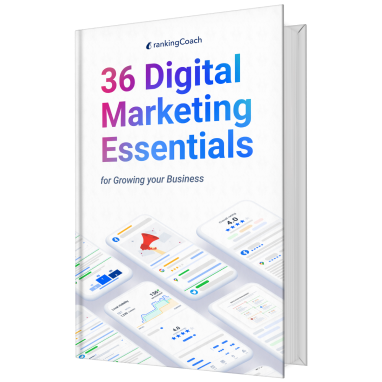What is SEO? Understanding the Basics and the Power of Keywords
What exactly is SEO, what are keywords, and what should you pay attention to when choosing keywords?
In this article, we’ll explain what SEO is, why it matters, and how keywords play a crucial role in it. You’ll also learn how to choose the right keywords and avoid common mistakes when starting your SEO journey.
What is SEO?
SEO stands for Search Engine Optimization. It’s the process of improving your website so that it appears higher in search engine results (like Google) when users search for relevant terms.
A common misconception is that building a website is enough to get noticed—but in reality, without proper SEO, even a beautifully designed website may remain invisible.
What Are Search Engines?
Search engines are platforms like Google where people type in words to find information. While “search engine optimization” implies you're optimizing for machines, the truth is: you should optimize for people first. Google rewards websites that are helpful, relevant, and user-friendly.
How Google Evaluates Your Website
Google constantly scans websites, analyzing things like:
- The content and keywords used
- How long users stay on a page
- Whether users click back immediately or continue browsing
These signals tell Google how useful your website is. So instead of focusing on quick SEO “tricks,” focus on long-term value: keeping your visitors engaged and satisfied.
The Role of Keywords in SEO
Let’s say you run a bakery specializing in cupcakes. Potential customers might search for:
- “Birthday cupcakes Cologne”
- “Wedding pastries near me”
These search terms are keywords—the words people type into Google. Choosing the right ones means your business can show up exactly when someone is looking for what you offer.
Optimizing your site with smart keyword choices helps you attract the right audience. But don’t just guess—put yourself in your customer’s shoes and use data-backed tools to guide your decisions.
What Is a Ranking?
Your ranking is where your website appears in search results. The higher the ranking, the more visible your website is. Rankings are influenced by many factors, including:
- On-page factors (like your content and keyword placement)
- Off-page factors (like links from other websites—covered in a later article)
For now, we’ll focus on on-page SEO.
Short-Tail vs. Long-Tail Keywords
Not all keywords are created equal.
- Short-tail keywords are broad, like “cake”—but these are hard to rank for.
- Long-tail keywords are specific, like “custom cupcakes Cologne”—these are more targeted and easier to rank with.
A smart strategy focuses on long-tail keywords that reflect your unique products, services, and location.
How to Choose the Right Keywords
Start by avoiding your company name (unless it’s already well-known). Instead:
- Use tools like rankingCoach’s Keyword Tool
- Look for keywords with solid search volume and low competition
- Be specific: include your location and specialty
For example:
❌ “Cake” = too broad
✅ “Birthday cupcakes Cologne” = more specific and easier to rank for
Where to Use Keywords on Your Website
Once you have your keywords, place them in strategic areas:
- Meta-title and meta-description (what shows on Google results)
- Headlines (H1, H2, etc.)
- Main content and product/service descriptions
- Image alt text
- Internal links (links between pages of your website)
These are all on-page SEO techniques—and rankingCoach walks you through each step directly in the app.
Beware of Keyword Stuffing
You might think: “The more keywords, the better.” But Google sees keyword stuffing—the overuse of keywords—as spammy and may penalize it.
Use keywords naturally and focus on creating valuable, readable content that’s helpful to your visitors.
Final Thoughts
SEO is about more than pleasing search engines. It’s about creating a website that meets the needs of your visitors—and helps them find exactly what they’re looking for.
When you prioritize useful content, clear navigation, and relevant keywords, you're setting the foundation for long-term online success.
Next up: In the following article, we’ll dive into Local SEO and how small businesses can attract more local customers.

Download this eBook for FREE 36 Digital Marketing Essentials For Growing Your Business
Learn everything you need to know to take your marketing to the next level. Get your business on track for success!
X
